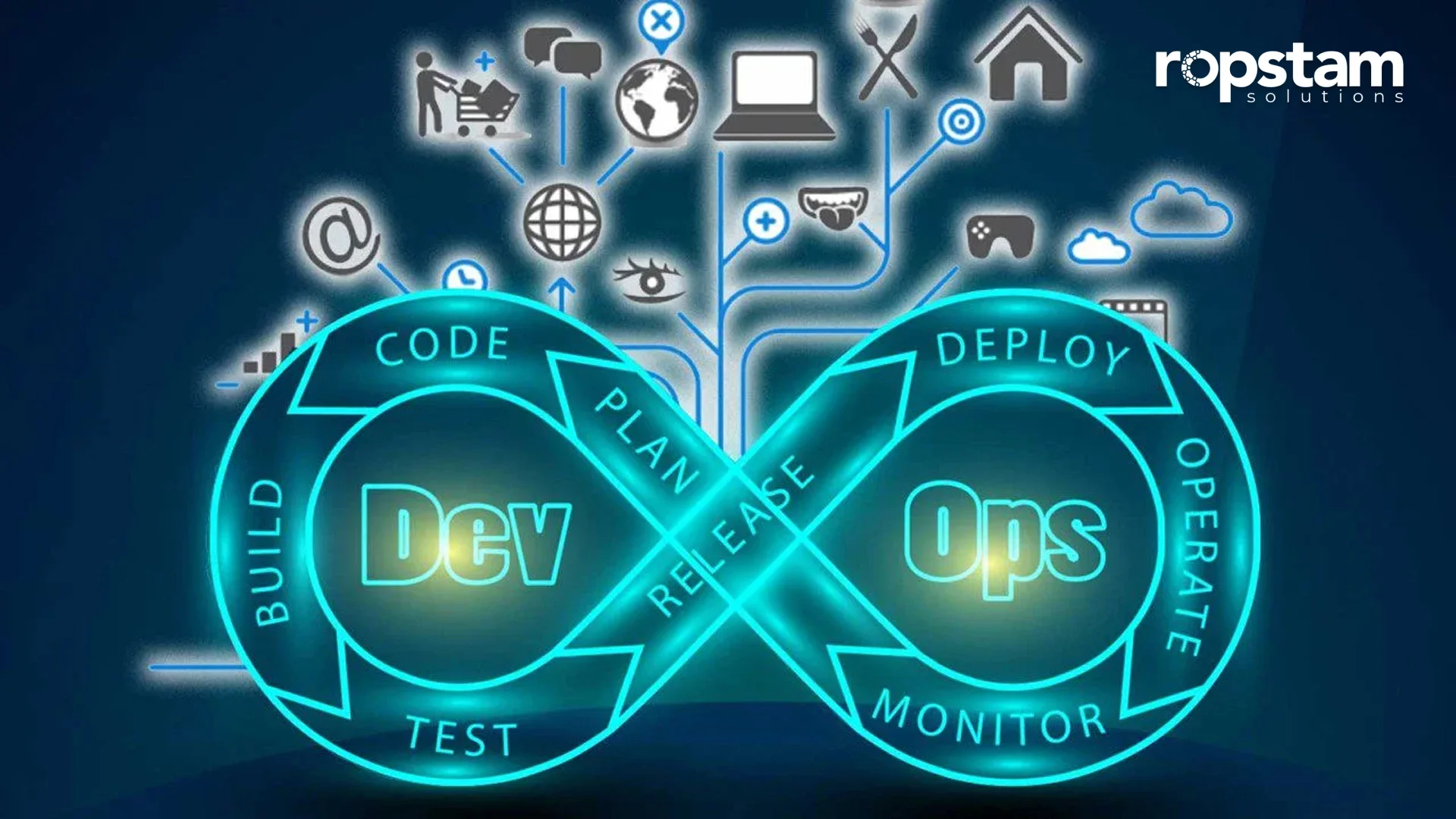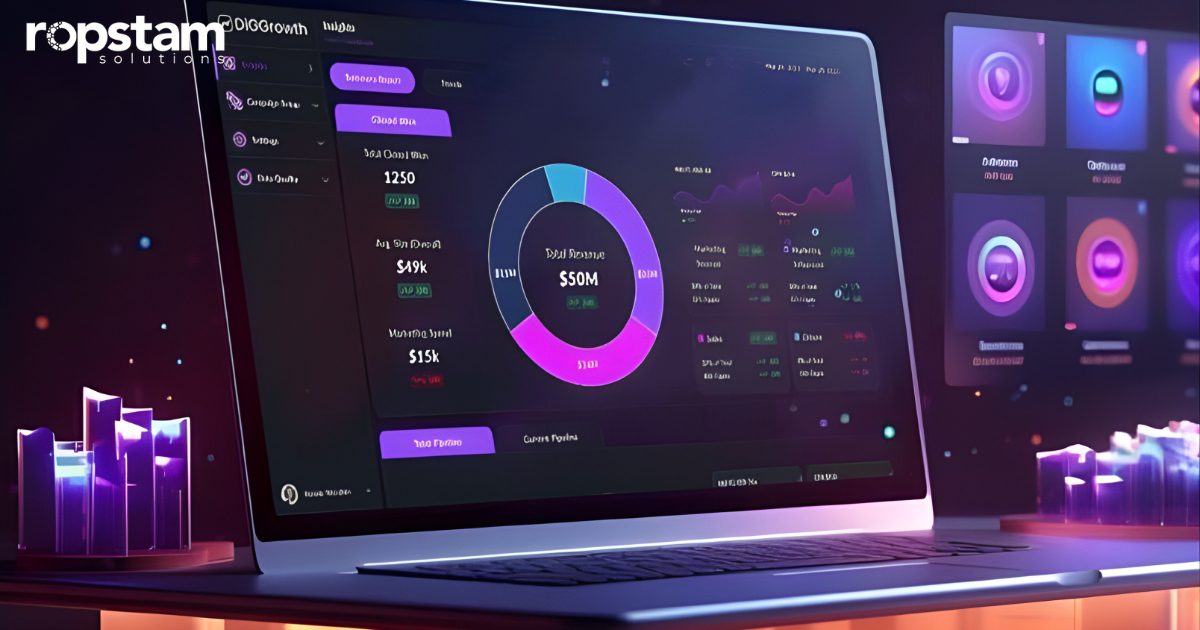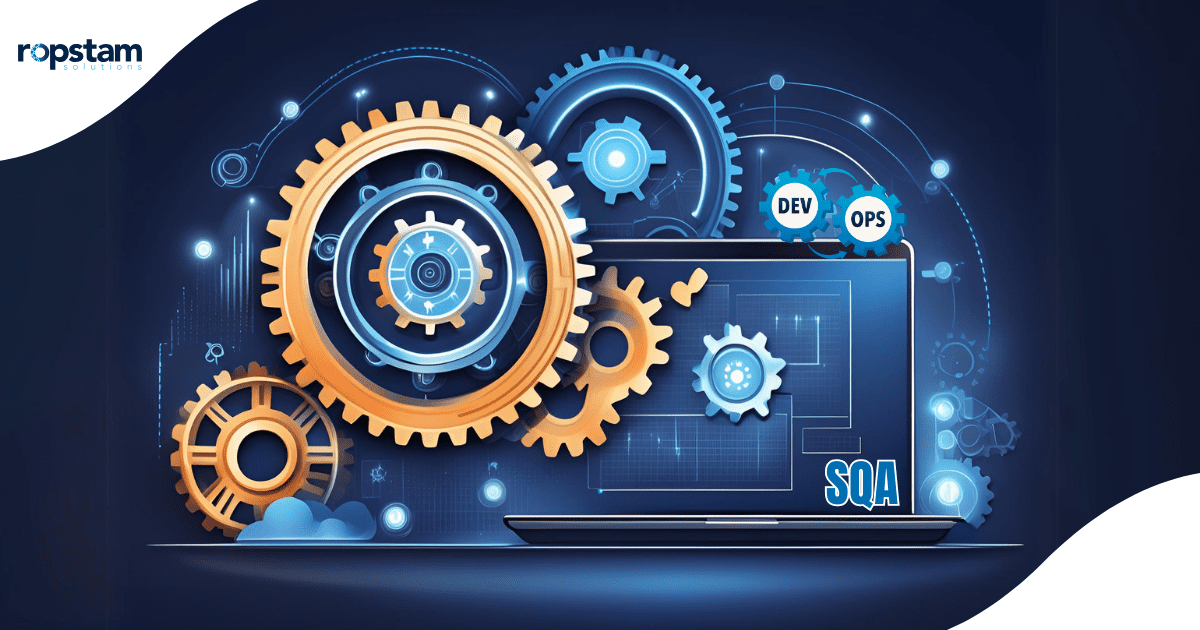DevOps has become a fundamental practice in modern software development. It bridges the gap between development and operations, enabling organizations to deliver high-quality software with speed and reliability. As technology evolves, mastering the right tools is critical for staying ahead. In 2025, the demand for efficient DevOps tools will be higher than ever, making it essential to be equipped with the best options available.
In this blog, we will dive into the ten best DevOps tools you must be aware of in order to gain the edge in optimizing workflows, automating processes, and improving team collaboration.
What is DevOps?
DevOps is a set of practices that combine software development (Dev) and IT operations (Ops). It emphasizes collaboration, automation, continuous integration, continuous delivery (CI/CD), and monitoring to improve software development and deployment. The goal is to shorten the development lifecycle, increase software quality, and create a culture of collaboration between developers and operations teams. DevOps tools are crucial in achieving these objectives by streamlining and automating repetitive tasks, helping teams focus on innovation and problem-solving.
Benefits of DevOps
The benefits of adopting DevOps practices and tools are numerous, and organizations that implement them effectively see significant improvements in various aspects:
- Faster Delivery: DevOps accelerates the delivery of new features and updates by automating manual processes and improving collaboration.
- Improved Quality: Continuous integration and automated testing guarantee high-quality software, reducing errors and bugs.
- Enhanced Collaboration: DevOps fosters a collaborative environment between developers and operations teams, breaking down silos and improving communication.
- Scalability and Flexibility: Teams can quickly scale their applications and infrastructure with tools designed for automation and monitoring.
- Better Security: DevOps promotes security throughout the lifecycle by integrating security practices into the development process
- Cost Efficiency: By automating repetitive tasks and reducing the risk of human error, DevOps can help reduce operational costs.
10 Best DevOps Tools You Must Know
Here, we have highlighted some of the DevOps tools you must master to streamline your development and operational workflows:
1. Buddy
Buddy is a powerful automation platform designed to optimize continuous integration and delivery (CI/CD) for developers. With Buddy, developers can automate repetitive tasks, deploy applications faster, and manage the entire pipeline without leaving their favorite IDE. The tool offers intuitive workflows, allowing for seamless integration with version control systems like GitHub, GitLab, and Bitbucket.
Key Features:
- Multi-cloud deployment
- Docker support
- Customizable pipelines
- Real-time monitoring
2. Puppet
Puppet is an infrastructure automation tool enabling IT teams to manage servers, applications, and other systems efficiently. It is used for configuration management, ensuring consistency and compliance across your entire infrastructure. Puppet also helps automate repetitive IT tasks such as provisioning, patching, and configuring systems.
Key Features:
- Infrastructure as Code (IaC) capabilities
- Real-time monitoring
- Scalability
- Cross-platform support
3. Docker
Docker has revolutionized the way we build, deploy, and manage applications. It provides a lightweight and portable solution for running software in isolated containers. Docker guarantees consistency across various environments by enabling applications to run seamlessly on any system that supports Docker.
Key Features:
- Containerization
- Easy scaling
- Version control for images
- Integration with Kubernetes
4. Salt
Salt is an open-source configuration management and orchestration tool designed to automate server configuration, manage infrastructure, and deploy software applications. It is known for its speed and scalability and supports cloud and on-premise deployments.
Key Features:
- Event-driven automation
- High scalability
- Modular architecture
- Real-time command execution
5. GitHub Actions
GitHub Actions is a CI/CD and automation platform built directly into GitHub repositories. It allows you to automate tasks like testing, building, and deploying code changes based on specific triggers. GitHub Actions simplifies the CI/CD pipeline by offering an easy-to-use interface within the GitHub ecosystem.
Key Features:
- Integration with GitHub repositories
- Customizable workflows
- Parallel execution of tasks
- Extensive marketplace for pre-built actions
6. Jenkins
Jenkins is a widely used open-source automation server for continuous integration and continuous delivery (CI/CD). It streamlines software development by automating application building, testing, and deployment.
Key Features
- Extensible with plugins
- Distributed builds
- Integration with third-party tools
- Supports both declarative and scripted pipelines
7. Splunk
Splunk is a real-time tool for monitoring, searching, and analyzing machine-generated big data. It’s a powerful analytics tool for DevOps teams, helping them gain visibility into their infrastructure, applications, and logs.
Key Features:
- Real-time log analysis
- Machine learning capabilities
- Monitoring and alerting
- Customizable dashboards
8. App Dynamics
AppDynamics is a performance monitoring and management tool that helps DevOps teams assure their applications run smoothly. It provides real-time insights into application performance, user experiences, and business impact, enabling teams to resolve issues faster.
Key Features:
- End-to-end application monitoring
- Real-time user experience analytics
- AI-powered diagnostics
- Deep visibility into the application stack
9. Perforce Helix
Perforce Helix is a version control system for large-scale software development projects. It supports centralized and distributed version control, making it ideal for teams working on large codebases or in geographically dispersed locations.
Key Features:
- High-speed performance
- Git integration
- Automated CI/CD integration
- Real-time collaboration
10. Atlantis
Atlantis is a tool that automates Terraform workflows. It’s beneficial for managing infrastructure as code (IaC) in a collaborative environment. Atlantis simplifies Terraform automation and streamlines the approval process for infrastructure changes.
Key Features:
- Terraform integration
- Automated plan and apply workflows
- Collaboration and review workflows
- Git-based workflow
Summary
Looking ahead to 2025, the DevOps landscape will continue to evolve, making it essential for professionals to master key tools for improving efficiency, scalability, and speed of delivery. Some of the popular, standout tools in this context are Buddy, Puppet, Docker, Salt, GitHub Actions, Jenkins, Splunk, AppDynamics, Perforce Helix, and Atlantis.













